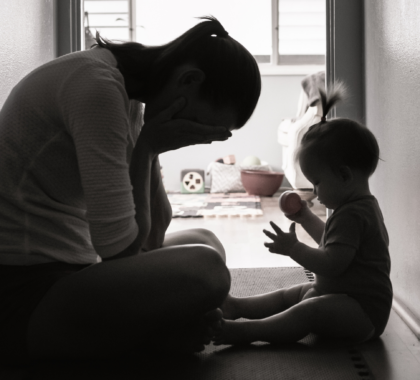Show filters
Theme
Area
Category

Learning from Research: responses to, and experiences of, extra-familial risk and harm
This event will introduce participants to findings from two research projects focused on better understanding both professional responses to, and young people’s experiences of, extra-familial risk and harm.
 25 April 2024 - 2pm - 3.45pm
25 April 2024 - 2pm - 3.45pm
 Online via Zoom
Online via Zoom
 Free for CoramBAAF members
Book on the CoramBAAF website
Free for CoramBAAF members
Book on the CoramBAAF website
 Add to calendar
Add to calendar
 Promoted Event
Promoted Event

Sibling Time Activity Days Information Session
A free online information session about Sibling Time, which enables children who are looked after or adopted to have meaningful contact with their siblings, including findings from the pilot study. To find out more or to book a place, contact Kirsty Hammonds at kirsty.hammonds@coram.org.uk.

An introduction to private fostering
This course is an opportunity to explore the legal and practice framework of private fostering, including thinking about how to identify and work with this often unseen group of children. It will include explanation of the respective responsibilities of parents, private foster carers and local authorities, when private fostering arrangements are made. Since the war in Ukraine, some Ukrainian children who have travelled to the UK for safety, are living in private fostering arrangements, and this introductory course will also briefly explore their needs.
 5 June 2024 - 9.45am - 1.00pm
5 June 2024 - 9.45am - 1.00pm
 Online via Zoom
Online via Zoom
 From £75
Book on the CoramBAAF website
From £75
Book on the CoramBAAF website
 Add to calendar
Add to calendar

Becoming a culturally competent social worker
Cultural competence involves ensuring our attitudes, communication and behaviours recognise and respect cultural differences. As social workers, in whatever our role, it’s essential we are continually working towards cultural competence in our practice. In this open course, you will be supported to explore some of the key concepts within cultural competence and anti-oppressive practice, and then apply this learning to your practice. It will include exploration of how personal and professional identities can impact on the decisions we make in our professional roles.
 3 June 2024 - 10.00am - 4.00pm
3 June 2024 - 10.00am - 4.00pm
 Online via Zoom
Online via Zoom
 From £126
Book on the CoramBAAF website
From £126
Book on the CoramBAAF website
 Add to calendar
Add to calendar

Facilitating parent and child placements
This course will consider the foster carer's key role in providing parent and child arrangements and ensuring successful outcomes for children. It will also provide clarity about the role of the agency and the supervising social worker in monitoring, reviewing, evaluating and supporting foster carers, whilst making certain that practice is transparent and compliant with the law.
 22 May 2024 - 10.00am - 4.00pm
22 May 2024 - 10.00am - 4.00pm
 Online via Zoom
Online via Zoom
 From £126.00
Book on the CoramBAAF website
From £126.00
Book on the CoramBAAF website
 Add to calendar
Add to calendar

Effective panels: an introduction to the functions and operations of fostering and adoption panels (England)
This open course aims to give new and recently appointed fostering and adoption panel members an opportunity to develop their role as effective panel members and to consider the tasks and responsibilities involved. This will be within the context of the current legislative framework and emerging messages from research.
 15 May 2024 - 10.00am - 4.00pm
15 May 2024 - 10.00am - 4.00pm
 Online via Zoom
Online via Zoom
 From £126.00
Book on the CoramBAAF website
From £126.00
Book on the CoramBAAF website
 Add to calendar
Add to calendar
